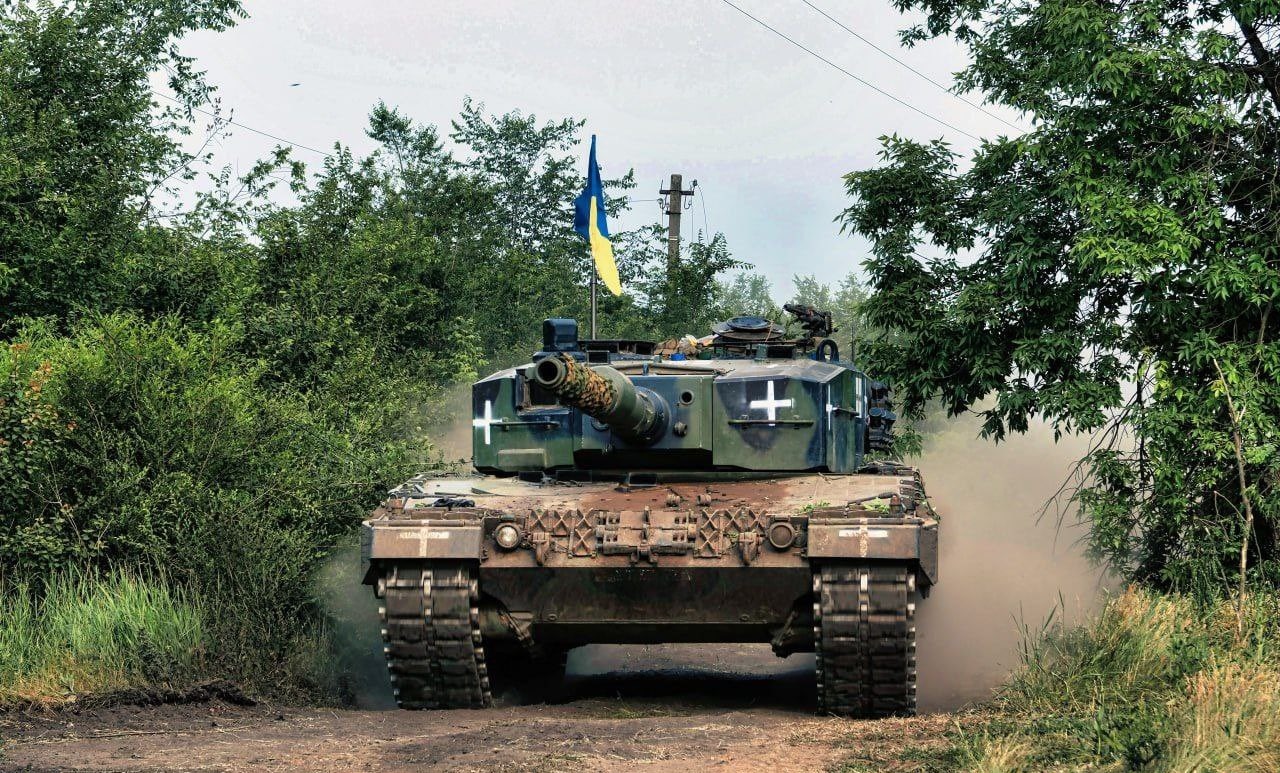A new analysis by the Kiel Institute for the World Economy suggests that stopping military aid to Ukraine would cost Germany's economy "significantly more" than maintaining current support levels.
According to the policy brief by Johannes Binder and Moritz Schularick released in November 2024, Germany's average annual military support for Ukraine since the beginning of Russia's invasion amounts to only 0.1% of its GDP, while ending this support could result in costs of 1-2% of GDP annually.
"The economic costs of a Russian victory far exceed the current modest contributions to strengthening the defense of Ukraine," the authors note in their analysis.
The researchers estimate that ending support would lead to substantially higher costs for Germany through three main channels: increased military spending, additional refugee influx, and loss of trade and investment with Ukraine.
The study points out that Germany's current military assistance is relatively as a percentage of its GDP compared to other countries.
"Several European countries, including Denmark (0.65%), Estonia (0.57%), and Latvia (0.43%), have committed a substantially larger share of their economic output to military support for Ukraine," the study states.
For comparison, during the First Gulf War, Germany provided six times more support - 0.6% of its GDP or about 4% of the federal budget - in a single year, according to the study.
The research also highlights that Europe's economic capacity far exceeds Russia's.
"The European Union's economic output is nine times larger than Russia's, and its industrial production is five times larger," the study notes.
The authors conclude:
"The path to peace opens up when the aggressor, Russia, recognizes that the war cannot be won by military means and the continued pursuit of military victory becomes too costly for the regime."
Related:
- Reuters: New German leftist BSW party threatens pro-Ukraine stance in eastern state coalitions
- Australia donates retired JDAM-ER precision bombs to Ukraine
- Berlin says weapon shortages, not finances, hinder timely Ukraine aid
- German arms giant Rheinmetall to open second Ukraine plant with four in total
- Bloomberg: France and Germany skeptical of plan to override Hungary’s veto on Ukraine aid
- Rheinmetall delivers 20 more Marder IFVs to boost Ukraine’s defense against Russia





